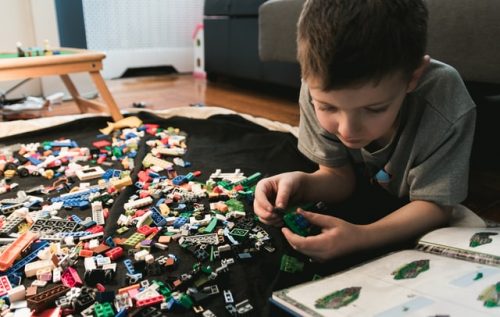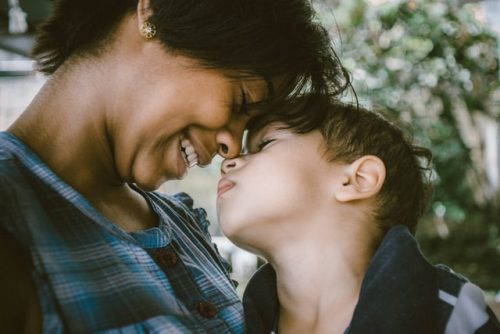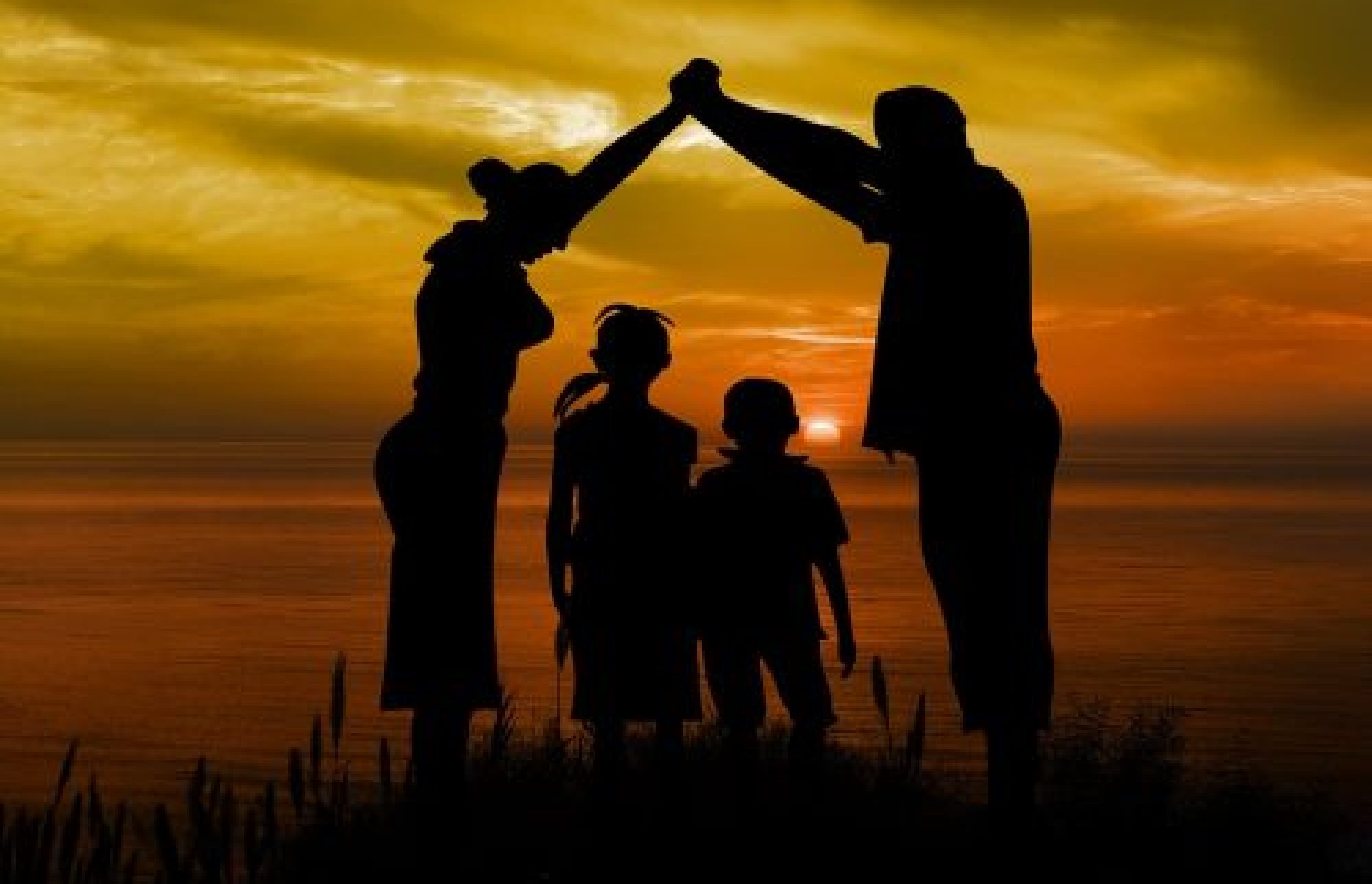As the COVID-19 pandemic continues to pose a threat to our world health system, most of us are staying home away from other people. We have to adjust to a new way of life to prevent the virus from spreading and take care of our health and our loved ones.
It can be tough to experience sudden shifts in our lives, especially for children with autism who could be facing emotional distress at the effects caused by the pandemic.

According to Donna Murray, Ph.D., CCC-SLP, people with autism find comfort in doing routine activities and this particular time may stress them out. “Depending on developmental levels, the difficulty of understanding why a routine is disrupted, how long it’s going to last, wondering when it’s over—all of that adds a lot of unknowns. It can add anxiety.”
Children with autism may display extreme resistance to change. Adding to the strains is the closure of kindergartens, schools, and other facilities, children with autism feel attached. With that, here are some of the ways you can help children with autism to cope amidst the ongoing COVID-19 pandemic.
Introduce New Daily Routines
Children with autism take solace in predictable daily routines. Since you have to introduce them with a new way of living for a while, create a structured schedule that gives them a sense of control in uncertain situations. Work with them in creating new daily activities. For this purpose, make a visual schedule and post it somewhere your children can see so that they can check on it regularly.
Don’t overcomplicate their schedule. It doesn’t even have to be time-based to take off the pressure in keeping up with it. You can also help your kids regain control by providing options and letting them make decisions. Allow them to choose the meal for dinner or ask them what they would like to do next while doing school work.
Use Auditory Or Visual Cues
Having reminders can help your kids to know how long an activity should last or other essential things they need to perform. Use visual or auditory reminders to give them hints on their next events.

Talk To Them About The COVID-19 Pandemic
Children with autism may not be able to express their fears and frustrations at face value. But helping them to understand the current situation can make them grasp what is happening. Be direct and honest, and don’t offer other information that they don’t need. It may create further misunderstandings and complications.
Easily explain to them that they will do their schoolwork at home, and any activities outside will be on hold. Talk to them about important things, such as:
- Wash their hands for at least 20 seconds.
- Avoid touching their nose, mouth, and eyes.
- They can’t stay close to other people, practice social distancing
- Wearing cloth covers or face masks when going outside.
Apply Social Stories
To help your children process and comprehend new information, you can use social stories. Social stories are stories that help teach kids to distinguish what’s happening and what to do about it. It goes with pictures, storytelling, and other visuals to help them engage in the topic.
You can use social stories in further explaining the essential details about the following:
- COVID-19
- How to stay healthy
- Social distancing
- Hygiene
- Homeschooling
- New routines
Use other learning methods that have worked before. Give them time to process new knowledge. Some children with autism need to roleplay and will always ask questions to reduce the stress they’re experiencing. You can search online to help you in creating social stories. Or make your own social stories through drawings, pictures, or photos.

Help Your Children Express Their Emotions
Children with autism perform repetitive behaviors when they feel worried or scared. They may have tantrums and other actions that are challenging to address.
You can support your kids with their emotions by trying calming activities, such as deep breathing, watching films or videos, or exercise with them to ease anxious feelings. You can also try doing the following:
- Writing
- Talking with each other
- Arts and crafts
- Using augmented communication devices for nonverbal children
- Playing out their fears
Avoid making your children watch, hear, or read upsetting news, as this may increase their anxiety. If they did so, talk to them in a calming manner. Limit their time on social media to prevent further misunderstandings.
You must take care of yourself as well as much as you take care of your children. They’re going to need you healthy and reliable as your family goes through this pandemic. Most importantly, stay with them. Your comfort as a parent is the best support your children can have.
